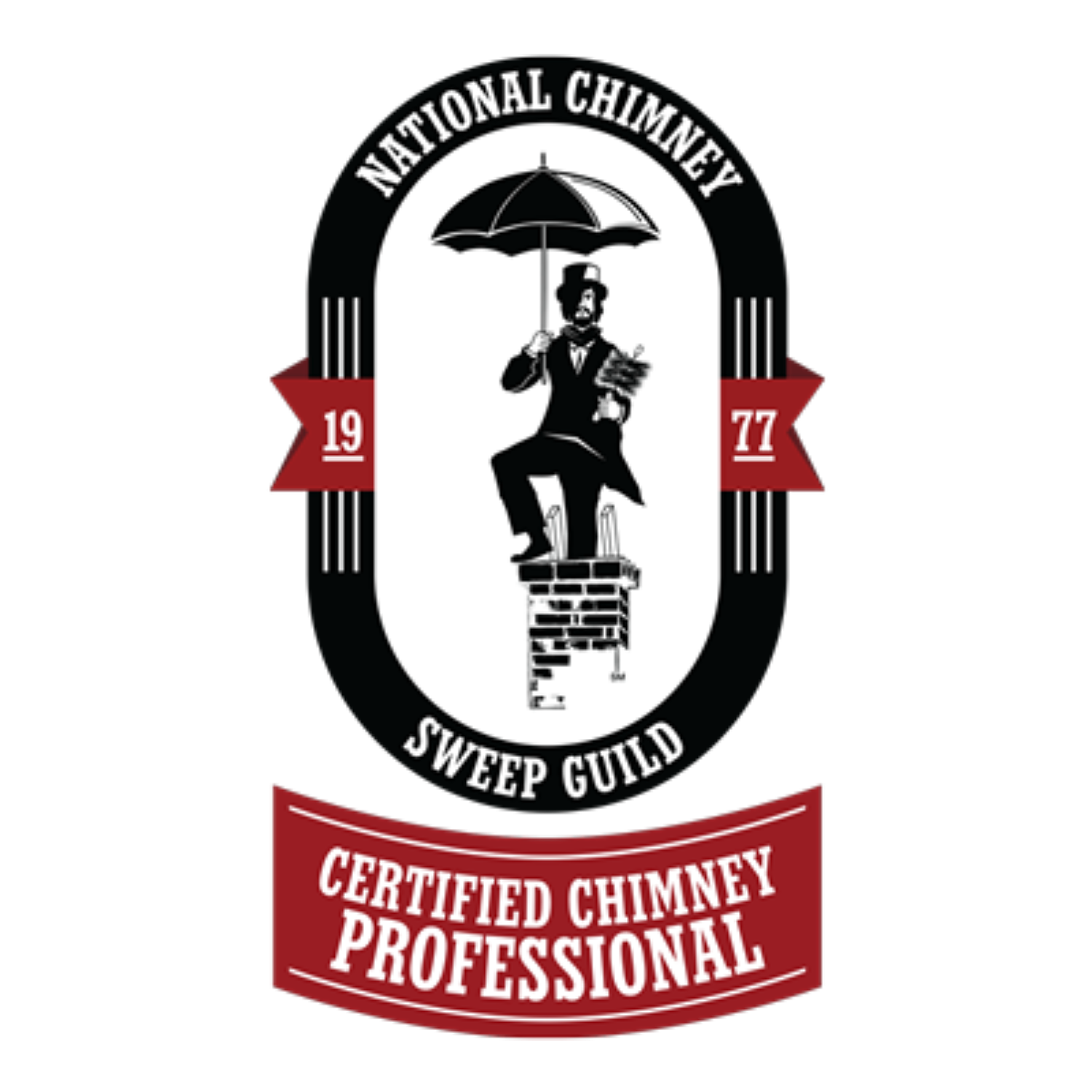Raccoon Control 101 – How to Remove a Raccoon
With their black masks, long claws and nocturnal tendencies, raccoons are natural bandits. Smart and crafty, they emerge from more rural hiding places to more suburban or even urban areas—and the garbage that these environments produced. Most known for their dumpster-diving, raccoons can survive on almost anything. They are not generally aggressive but can be formidable opponents when disturbed from their nighttime scavenging. Essentially large rodents, raccoons can range from 10-45 pounds, can climb well and run fast, and are strong enough to cause considerable damage. Raccoon removal may be necessary if you come across a raccoon on your property.
Raccoons are indiscriminate in their scavenging and can make both huge messes and loud noises while searching for food. Overturned trash cans, torn structures, stolen pet food and damaged gardens are common symptoms of a raccoon visit. Additionally, raccoons can host a number of diseases, most prominently canine distemper (lethal for dogs), rabies (lethal for dogs and humans) and raccoon ringworm. Raccoon feces can also cause breathing problems given the spores in the air. Because of their natural climbing ability, raccoons often make their way to the attic, where they stay—and cause considerable damage—until removed. Furthermore, with their long clause, an angry raccoon can potential cause serious physical injuries.
Raccoon Control & Raccoon Prevention
wildlife, will not be deterred by a garbage can lid or closed dumpster. Making sure both trash cans and the trash area is inaccessible will greatly deter raccoons. Since raccoons can often access the house, it’s important to fill up any drywall holes or use screens to cover any entry points. There is some indication that repellents may work, but both light and noise are stronger deterrents for these nocturnal animals.Because of their potential to carry parasites and diseases even on dead bodies, it is better to trap raccoons using live cage traps rather than attempt to kill them. Additionally, many states have banned lethal raccoon cage traps for raccoon removal. Poison is not particularly effective with raccoons as they can adapt too many substances and the amount required would make the area generally toxic. Nonetheless, raccoons care natural escape artists and can be tricky to trap. And, when attempting to trap raccoons in the attic, chimney or similar space, it’s advisable to remember that these raccoons are most likely females with young; while the females might enter the trap, the babies might now. A professional raccoon removal company will usually have tested methods to remove both mother and young.
Do you need to get rid of raccoons from your house? Contact a professional raccoon control service to get rid of your problem.
Raccoon removals can be very dangerous, so please DO NOT attempt to trap raccoons and get rid of raccoons on your own. Call Masters Services Animal Control, a trained professional in how to remove raccoons in the attic.










